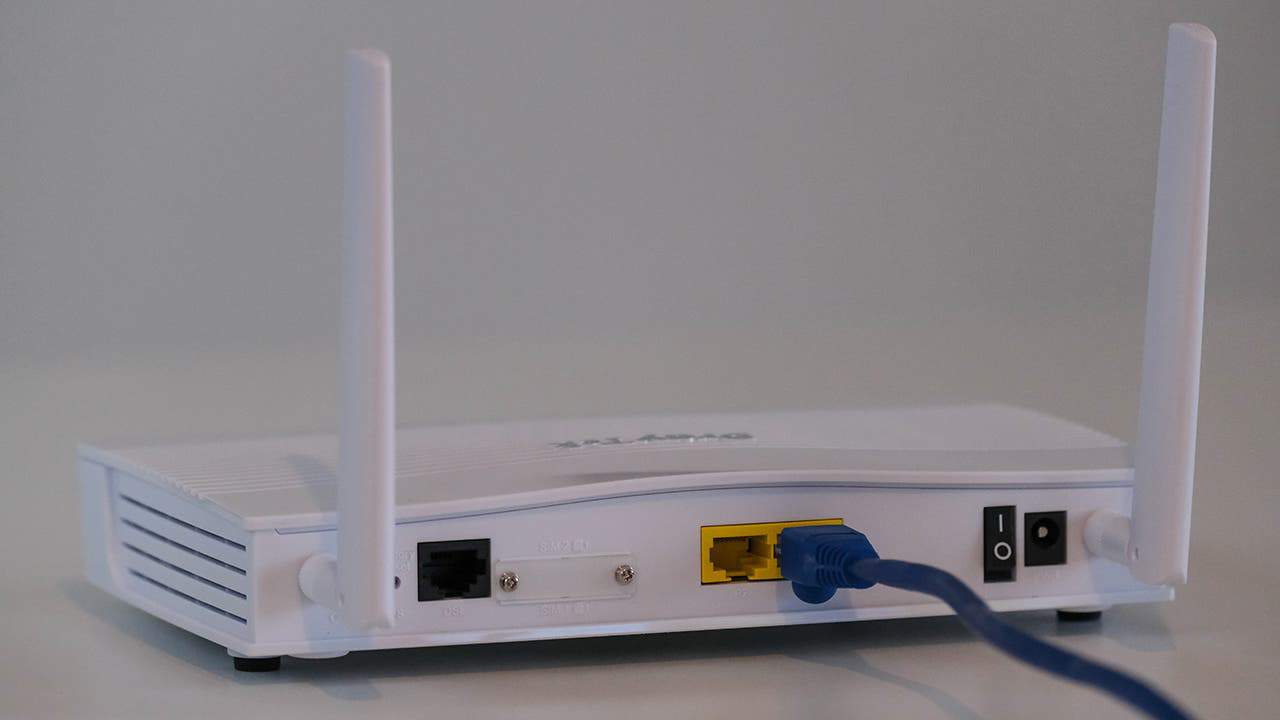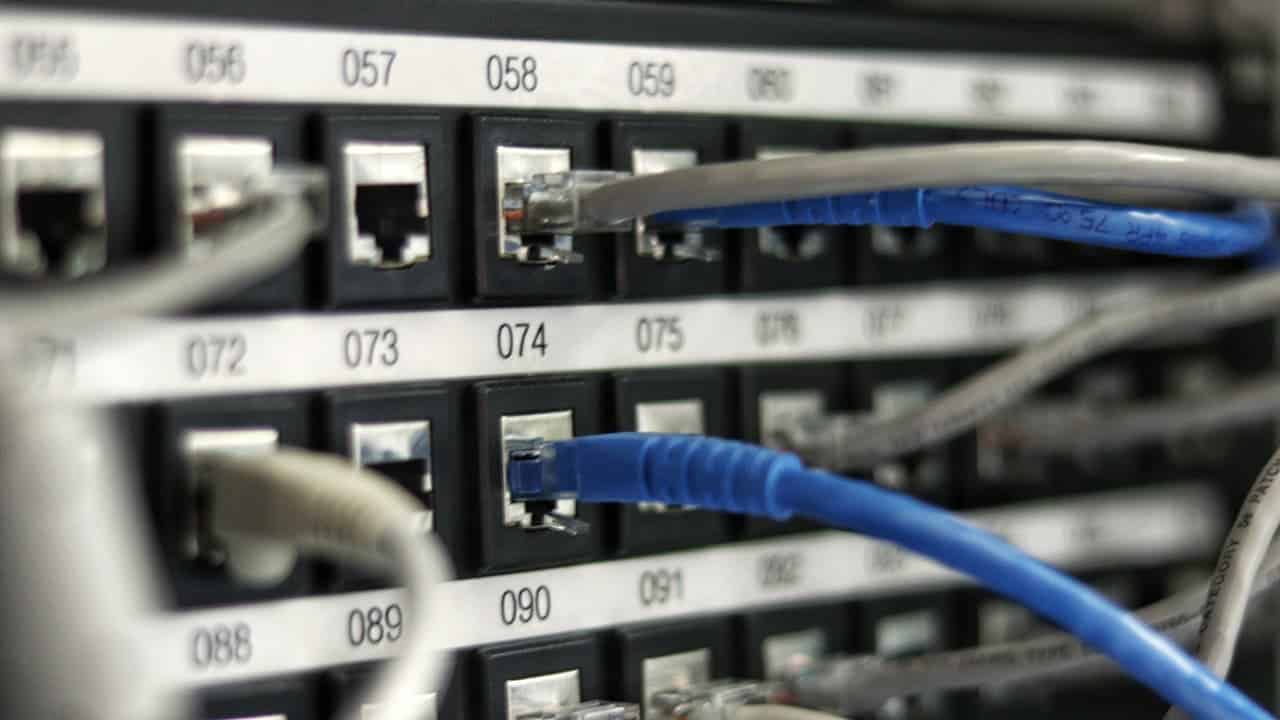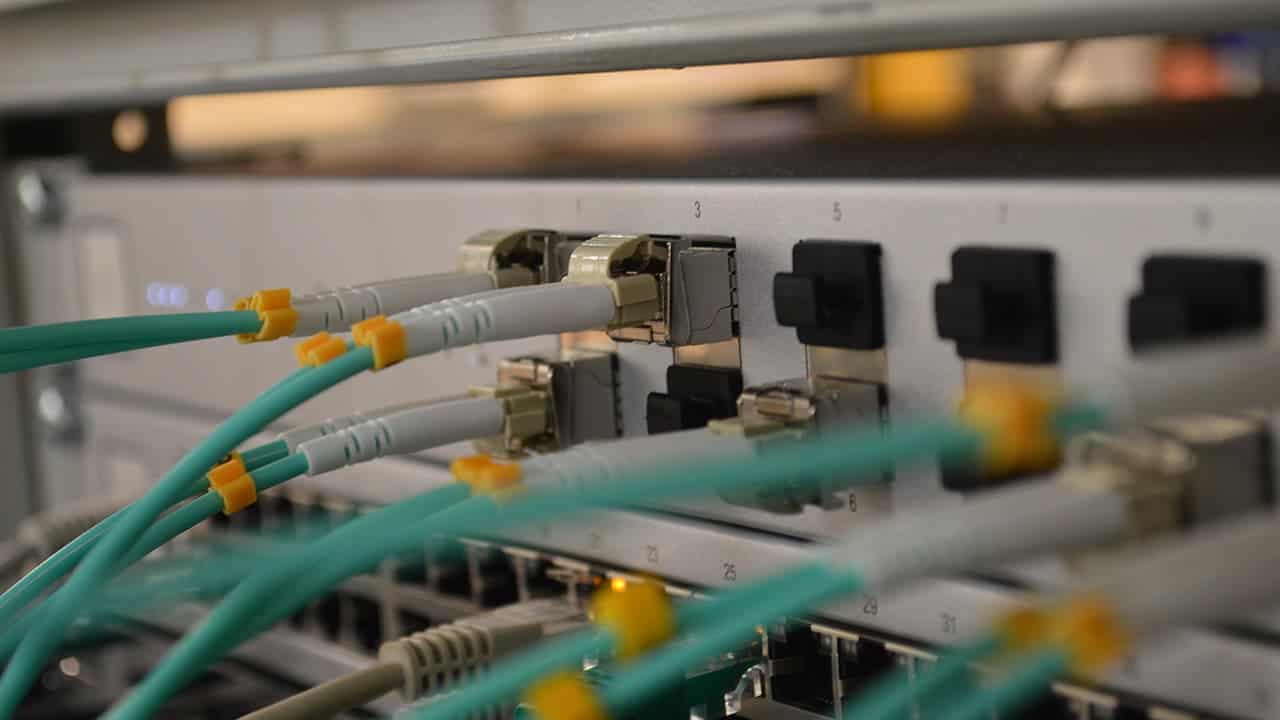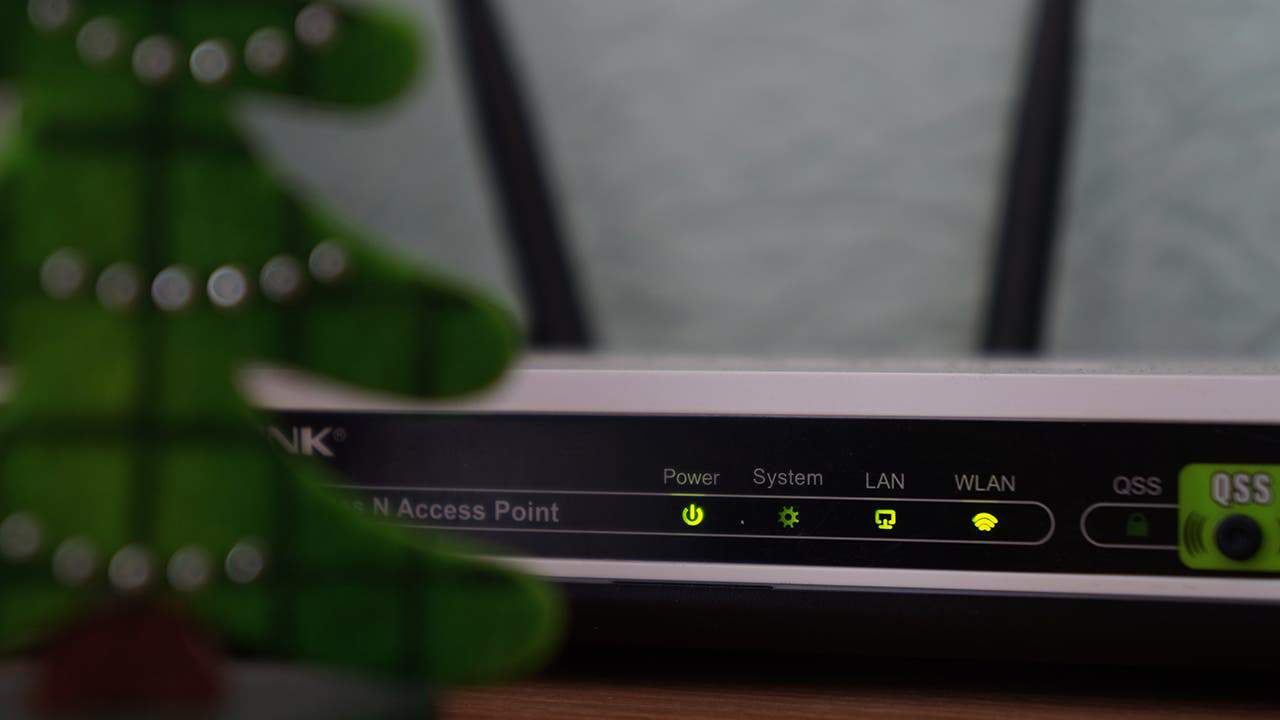You can’t always get a smooth browsing experience with fast internet. A couple of other factors also come into play. Among them is network latency. But the real question is, what is network latency? Why should you care about the latency of your network? Also, what should you do to improve it?
These are the answers that you will find in this in-depth guide. So, if you want to learn all there’s to it about network latency, you would want to keep on reading.
What is Network Latency
Network Latency is the time data takes to travel from one point in a network to another. In simple words, it measures the delay in communication. It’s usually measured between your device and the server.

That said, you can also use latency to check delays in computer operation. It can also be about disk latency. But those are different topics for a different day.
Latency vs Bandwidth vs Throughput
Understanding network latency requires knowledge of some more terms. You need to be able to distinguish it from bandwidth and throughput. As you know, latency measures the time taken for data transfer.
Bandwidth represents the volume of data that can move through the network. Both are crucial. But their importance depends on the task at hand.
For instance, low latency is vital for live streams and online gaming. Delays can impact real-time interactions in these cases. High bandwidth also facilitates swift data transfers. It makes tasks like file downloads efficient.
Moving on, throughput is the average data amount passing through in a given time. Both bandwidth and network latency come into play for throughput.
Why Does Network Latency Matter?
Network latency holds significant importance. For example, satellite internet with high latency results in frustrating buffers. Online gaming can be impossible in such cases.

Switching to a better option with improved bandwidth and latency can improve things. Your online activities will feel more responsive. And, of course, streaming will be frustration-free.
So, in short, network latency influences the responsiveness and efficiency of online activities.
Determinants of Network Latency
Various factors influence the latency of a network. But in general, distance is the primary consideration. For satellite internet users, the signal must traverse vast distances. Sometimes, it can be up to 22 thousand miles into space.

This could result in higher latency times. Innovative solutions like Starlink have latency rates of around 25-65 ms. And this network latency isn’t low.
The Impact of Latency on Different Online Activities
Understanding how latency affects specific online activities is crucial for making informed decisions. For instance:
Streaming Services
High latency can lead to buffer breaks. There will be many interruptions during movie streaming. Lower latency can ensure a smoother experience.
Gaming
In the gaming world, latency is a critical factor. Lower latency ensures quick response times. You also get a lag-free gaming experience. Higher latency can result in delays, glitches, and a frustrating gaming experience.
Video Calls
For video calls, especially in professional settings, low latency is essential. It minimizes delays, ensures real-time communication, and enhances call quality.
What is Good and Bad Latency?
Determining whether latency is good or bad depends on the context of usage. Generally, a ping rate of less than 100ms is decent for most tasks. 30-40ms or lower is better. Latency above 100 ms remains usable for various activities. But things may feel more sluggish.
For gaming, where responsiveness is crucial, pings below 100ms are best. 40-60 ms or lower is ideal for a competitive gaming experience. Anything over 150 ms is bad.

How to Improve Network Latency
Some latency issues may be normal for specific connections. In other cases, you can use various strategies and tips to enhance and optimize latency. They are:
Use an Ethernet Connection
Opt for a wired connection. Ethernet generally offers lower latency compared to Wi-Fi. It can provide a more stable and reliable connection. For gaming consoles and computers, it can make a night and day difference. So, plug your device into an Ethernet port.
Reset Your Router and Computer to Enhance Network Latency
Local issues within your home network can contribute to latency spikes. A simple router restart can help. Sometimes, a computer reset may also help resolve temporary hiccups. These can even improve network performance.
Optimize Router and Equipment
Ensure your router and networking equipment are up to date. Newer hardware often comes equipped with advanced technologies. They usually have features that can handle data better. These factors can contribute to lower network latency.
Use Quality of Service (QoS) to Reduce Network Latency
Many routers offer Quality of Service (QoS) settings. These allow you to work with specific types of traffic. That is, you can prioritize applications or devices that need low latency with them.

Check for Interference
Wi-Fi networks can suffer from interference. It can be from neighboring networks, electronic devices, or physical obstructions. Conduct a Wi-Fi signal analysis. Try to identify potential sources of interference and adjust your router settings.
Opt for a Gaming VPN
In some cases, using a Virtual Private Network (VPN) can help. Of course, you should get the ones that are for gaming purposes. They can optimize your connection by reducing network latency. Some can also protect against certain types of cyber threats.
Explore Gaming Mode or Low Network Latency Features
Some routers come equipped with specialized features. For example, they have Gaming Mode or Low-Latency Mode. Activate these settings to enhance network traffic associated with gaming applications.
Track Network Traffic
You should check your network traffic to identify any bandwidth-hogging applications or devices. Limiting or managing the bandwidth usage of such devices can free up resources. This could reduce latency for most online activities.

